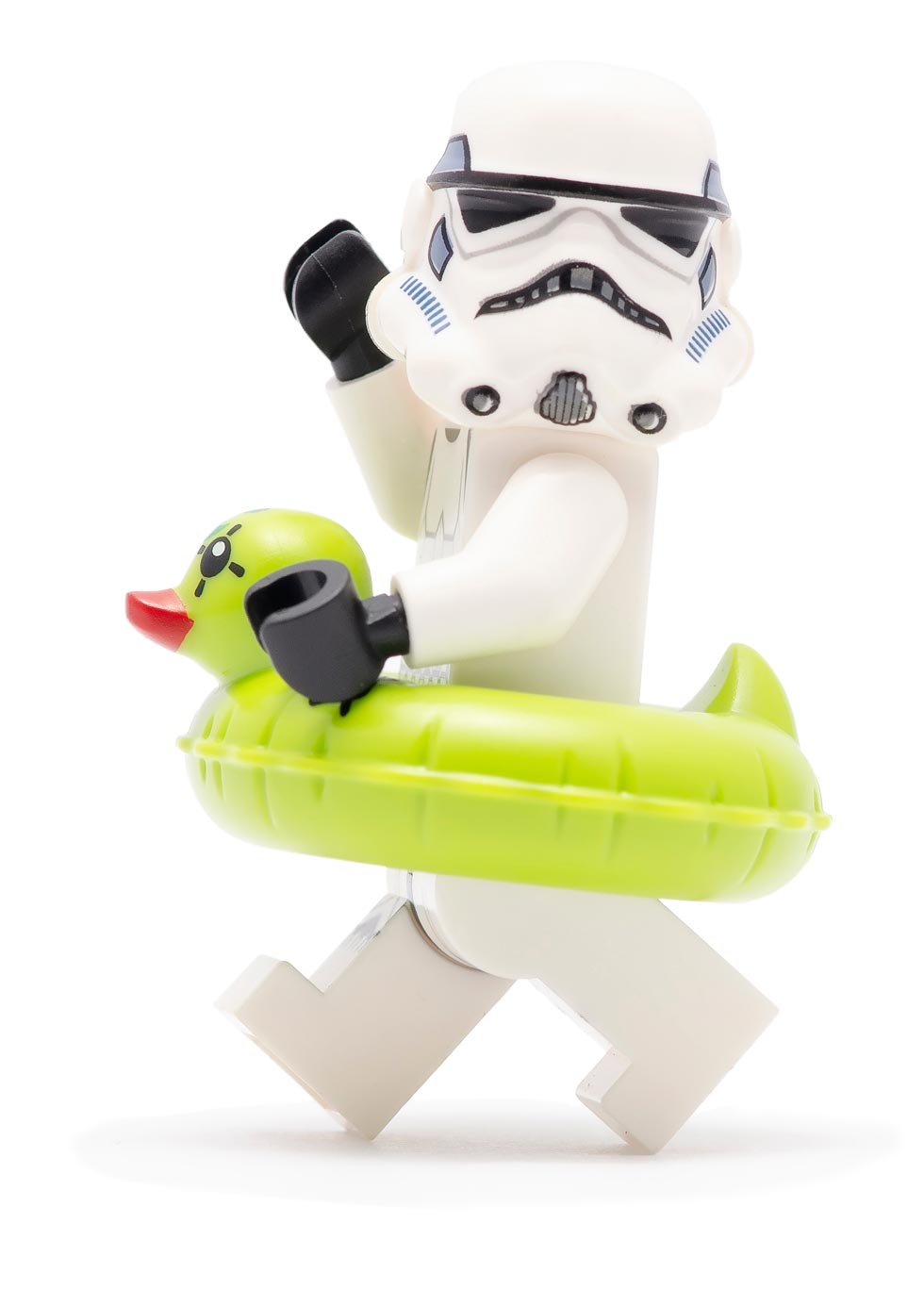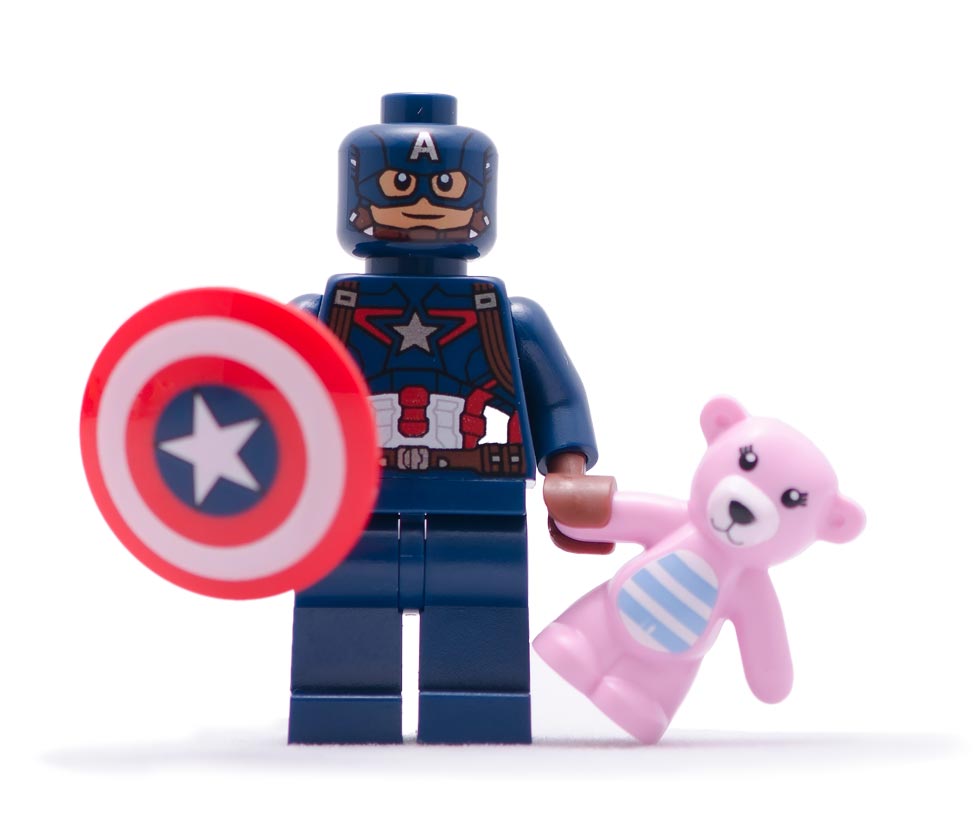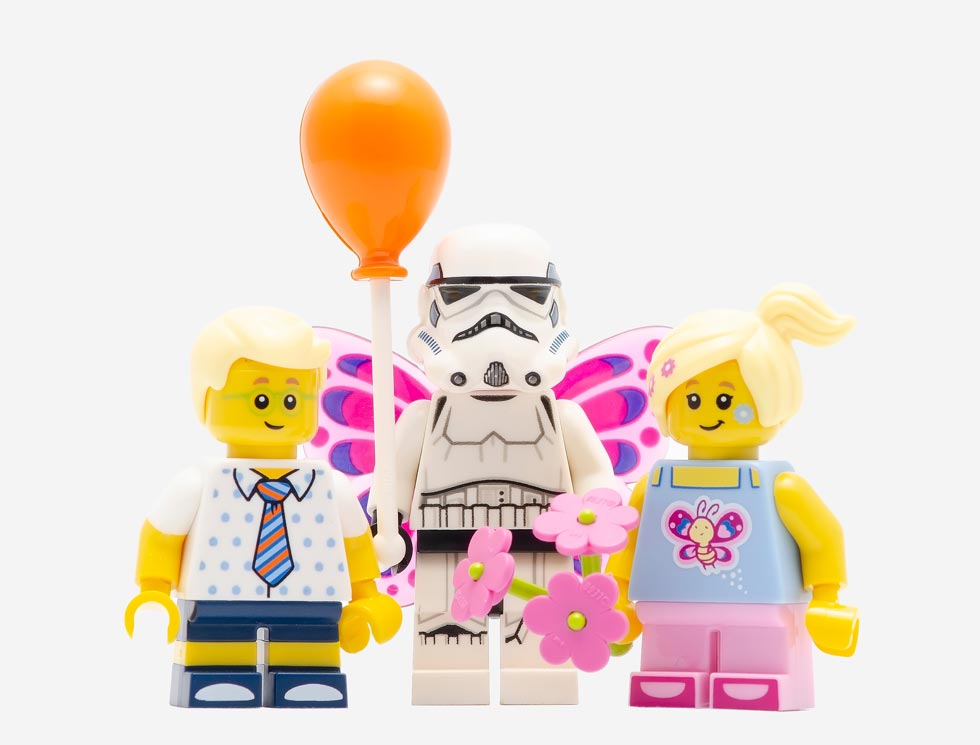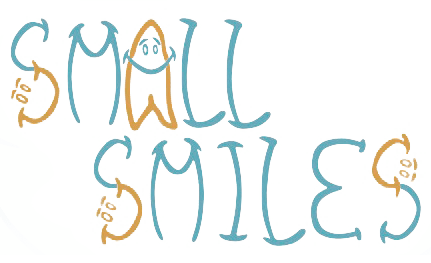FAQ
When you choose Small Smiles, you can be sure that your child’s dental health will be properly taken care of in our family-friendly clinic. Starting dental visits early in life is recommended for preventing further treatment down the road. We help to observe and maintain your child’s dental health as they grow.

If your question isn’t found below, feel free to send us an email at info@smallsmiles.ca and we will answer any inquiries you may have.
Q: We have been referred to your clinic. How do we proceed?
When your family dentist refers you to Small Smiles, our accommodating staff will call you to make an appointment. You must have a consultation appointment prior to treatment.
Consultations are a great time for your child to check out our Lego-inspired clinic, meet our extraordinary team, and get comfortable in the space. This is also the time to help us determine what dental treatment your child needs, diagnose the problem, and come up with a personalized dental treatment plan.
Q: When should my child see a dentist for the first time?
Your child should see a dentist before the age of one. Cavities are the most common infectious disease in Canadian children.
Q: Why should I see a pediatric dentist?
If your child needs specialized dental care, visiting a pediatric dentist is ideal. We strive to create a fun and friendly environment to make sure your child has positive experience at our clinic. We use child-friendly language and use behaviour management skills so that your child will have a pleasant experience every time they visit.
Q: Do I need a referral?
No, you do not need a referral to come see us!
Q: What should I expect during my first visit?
During your initial visit, our goal is to make you feel welcome and comfortable. We begin with a dental examination and take any necessary x-rays. This time is also used to discuss your diet, oral hygiene habits, and to demonstrate proper brushing and flossing techniques. Once the examination is complete, our pediatric dentist will then sit down and review their findings with you. They will also take the time to answer any questions or concerns you may have.
Post-Operative & Home Care Instructions for Children
Important: Your child is legally impaired for 24 hours following general anesthetic. DO NOT leave the child unattended or allow them to play alone.
Children will often wake up from general anesthetic crying and struggling. This is completely normal, and not due to pain. They are experiencing slight disorientation which will usually pass within about 30 minutes. Medications administered for anesthetic have an amnesic effect, so your child may not remember everything that happens during the time of the procedure. You may NOT use public transit to get home (bus, LRT, etc.). Out of town patients are strongly encouraged to stay the night in Edmonton.
If your child is sleeping and their breathing seems unusual (irregular, struggling, wheezing), or if they appear pale or with blue lips, wake the child up and encourage them to cough. If the child is wide awake and continues to have breathing issues, seek medical attention immediately. Make sure your child is NOT sleeping with their head tilted onto their chest. We want their airway to remain clear and open. The best sleeping position will be on their side.
Bleeding & Pain
When teeth are removed, bleeding may persist for the first day. To ease this, we encourage you to have your child bite on or hold a piece of gauze until bleeding has subsided. If bleeding is excessive and persistent, please contact us. Nosebleeds may also occur if your child blows their nose within the week following their procedure.
Your child may feel some pain and discomfort. To ease pain, we advise that children may take Children’s Tylenol or Children’s Advil for 2-3 days as instructed. DO NOT give aspirin to your child; If teeth were removed, the mouth will still be numbed from freezing, which should last around 1-3 hours. Monitor your child to ensure they don’t bite, scratch or play with their lips or cheeks.

Numbness Post-Operative
When a child’s procedure is completed, they may still have the numbing sensation, which can be difficult for them to understand or grasp. When you return home, the best thing is to monitor your child closely so that they don’t bite their tongue, cheek, or lips.
If your child complains that they ‘hurt’, this is most likely due to the numbing sensation. Assure them that the area is ‘asleep’ for a short time and that it will ‘wake up’ soon. This may take 1-4 hours to wear off. Small Smiles recommends avoiding foods that require a lot of chewing, and staying on a soft-food diet for a while.
Activity & Diet
Directly following your child’s procedure, avoid physical activity and exertion. It’s best if your child rests quietly at home for the duration of the day while being monitored by a responsible adult. Normal activities such as school and daycare can be resumed the following day if they are well. Do not leave your child unattended at any time on the day of their procedure.
Encourage your child to ingest cool, clear fluids for the remainder of the day, such as 7-Up, Ginger Ale, Apple Juice, clear broth, Jell-O, popsicles, and so on. These will help them recover from any possible nausea. Please DO NOT give your child tomato juice, orange juice, or fruit nectars, and NO milk or milk products for the rest of the day. It is ok to start introducing softer foods about 3-4 hours after surgery, and then they can start to return to more normal eating patterns. Avoiding foods with a lot of salt, spices, and also avoid foods that are deep fried.
Stainless Steel Crowns
Home Care
If your child has received stainless steel crowns, they should try not to eat sticky or gummy foods. This may include caramel, gum, fruit snacks, and so on. Candy is to be avoided. If a crown happens to come off, please save the crown and call your dentist office to arrange an appointment. Bleeding near the gum-line around the crowns is normal for up to one week. At first, your child’s bite may feel different, however they will quickly adapt. Teeth that have been restored using stainless steel crowns need to be brushed as normal, and flossing should be done carefully to not damage/remove the crowns.

Extraction – Home Care
Once you leave after an extraction is completed, your child will likely need to bite down on provided gauze until their bleeding subsides, which can take up to 30 mins. The gauze may need to be changed out. It’s good to keep in mind that your child’s cheek, lips and tongue may still be numb for around 1-4 hours after an extraction procedure. We recommend they avoid using sippy cups, bottles, straws, and soothers for 24 hours after their procedure has been done.
Dental Hygiene
On the evening of their procedure, brush and floss your child’s teeth as instructed. Each day after, gently brush and floss your child’s teeth 2-3 times per day. If they have had any teeth removed, it’s ideal to avoid the surgical site for around 2-3 days. If the child can tolerate it, then salt water rinses will help. We know that your child may be experiencing soreness and swelling, which does not always permit for vigorous brushing. However, please make effort to clean the teeth within their comfort level.
It is common to expect any of the following:
- Nose bleeds, sore throats, or coughing resulting from the breathing tube
- Bruising or an area with a Band-Aid from the IV site
- Numbness in lips or mouth
- Puffy eyelids, lips, and/or cheeks (should resolve within 24 hours)
- Small red dots on eyelids, nose or cheeks caused by removal of tape from sensitive skin. This should clear up within 7-10 days.
- Bleeding in the mouth due to extractions or other procedures
- Nausea and vomiting
- Disorientation or crying following a procedure

